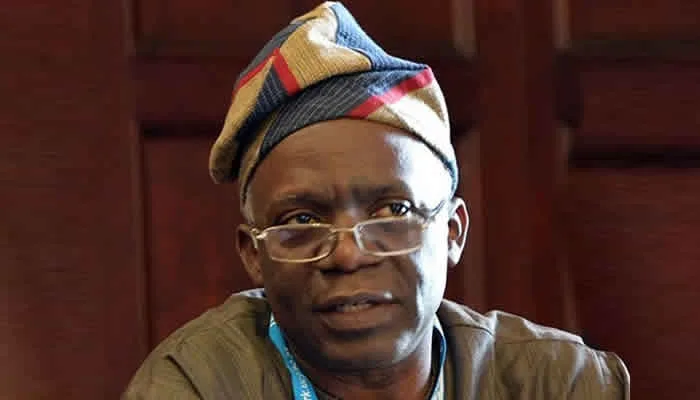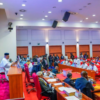Human rights lawyer and Senior Advocate of Nigeria (SAN), Femi Falana, has sharply criticised President Bola Tinubu’s economic reforms, warning that the administration’s “harsh neoliberal policies” are driving millions deeper into poverty and eroding Nigeria’s middle class.
Speaking on Channels Television’s Politics Today on Monday, Falana said key policy decisions—particularly the removal of fuel subsidies and the liberalisation of the foreign exchange market—have significantly worsened the cost-of-living crisis.
“I’ve seen the President ask APC governors to ‘wet the ground’ more, but for the masses, things are getting tougher by the day,” Falana said. “The President himself has acknowledged that Nigerians across the country are complaining. The economic hardship is real and widespread.”
He blamed what he described as the “religious implementation of neoliberal economic policies” for the surge in poverty levels, arguing that such measures must be urgently reassessed.
“Poverty is on the rise. The middle class has been virtually wiped out. Most Nigerians can no longer afford three square meals a day. If we are serious about tackling income inequality, we cannot continue handing over national assets to a few individuals in the name of privatisation,” he stated.
Falana urged the federal government to reconsider its reliance on policy prescriptions from international financial institutions such as the International Monetary Fund (IMF) and the World Bank.
“It is in the interest of the government to go back to the drawing board and critically review these policies. The current economic model is not working for the majority of Nigerians,” he said.
He also called for the legal codification and enforcement of social welfare programmes to cushion the impact of economic hardship. Citing the National Social Investment Programme (NSIP), established under the Social Investment Programme Agency Act of 2023, Falana emphasised the importance of institutionalising support mechanisms for vulnerable citizens.
“To genuinely address poverty, we must start by implementing welfare laws,” he said. “President Tinubu should persuade state governors to codify social investment schemes and enact them into law.”
The NSIP encompasses initiatives such as N-Power, the Government Enterprise and Empowerment Programme (GEEP), school feeding programmes, and conditional cash transfers targeted at low-income households.
Falana’s comments add to growing public criticism of the Tinubu administration’s economic direction, as inflation, food insecurity, and unemployment continue to place immense pressure on households nationwide.


